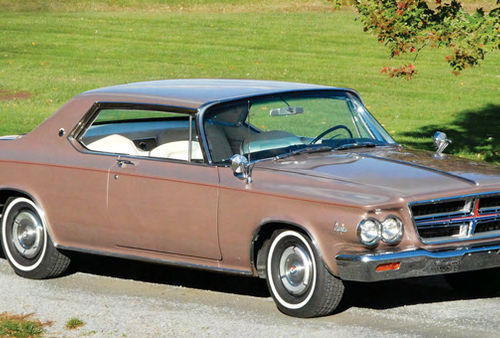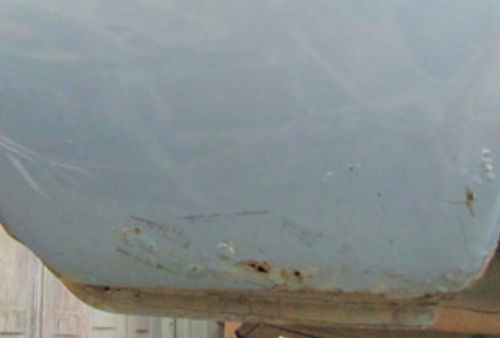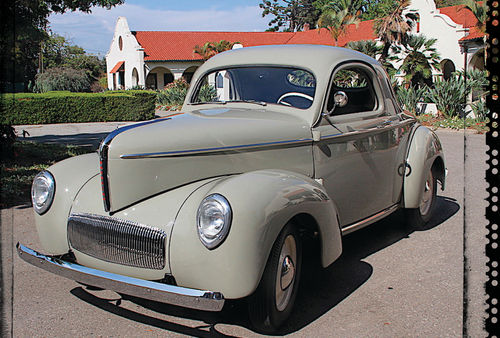Should I fill my tires with nitrogen?
Question:
I am the proud new owner of a 1962 Corvette 327 “Fuelie” four-speed that was set up for racing by its previous owner, and I want to take it out and see what it can do. A good friend told me that if I plan to drive it at high speeds I should fill the tires with nitrogen rather than air. Is that true?
Answer:
That is a car with serious performance capabilities even stock, and if you are going to push it to its limits you need to have a commensurate regard for your safety. You are talking about a car that is capable of 105 mph in a quarter of a mile, and over 130 mph at the top end in good tune.
The car’s suspension needs to be in excellent condition and wellmaintained. And you will need to go to a track to drive the car at such speeds unless you don’t mind getting locked up or becoming a potential organ donor. At those speeds, cracks, bumps, squirrels, speed dots, and farmers coming onto the road on their tractors can spell disaster.
Forgive the sermon, but we at Auto Restorer value our subscribers. As for nitrogen in the tires, it is one of several things I would do before putting the pedal to the metal with a high-performance car. Nitrogen in its pure form is a dry gas, and that alone recommends it because moisture in the air you put in your tires can expand and even vaporize when the tires get hot, and this can cause pressure that will make a tire part company with its rim. Moisture also condenses out of the air in tires and causes corrosion to your rims and deterioration to your tires.
Other contaminants in the atmosphere will rot your tires too. And air will leak out at about the rate of one pound per month; but nitrogen lasts longer and is more stable.
That being said, would I recommend it for most classics? The answer is no. It is more expensive for one thing, and there is very little infrastructure to top up your tires for another. You can just top them up with air, but the nitrogen will be rendered less effective if you do. However, keep in mind that the air or nitrogen in your tires is a critical part of your car’s suspension system, so it is important to keep your tires inflated to specs even for daily use.
There are other important things to consider in the case of your hot Vette though, and those include making sure the tires are rated for such speeds; making sure they are in good shape, and seeing to it that the wheels are all properly balanced, along with the brake drums. I would also pack the front wheel bearings or replace them if they are at all questionable. That’s especially pertinent here since—as I remember— those cars are equipped with ball bearings, in which case I would replace them with quality roller bearings.
Nitrogen is commonly used in commercial equipment and aircraft as well as racing tire applications. It definitely has its place and its advantages, but simply purging your tires of air and adding nitrogen will do little in the overall scheme of things to keep you from transmogrifying yourself at high speeds if you are careless.
Be careful, have fun and let us know how you do.















